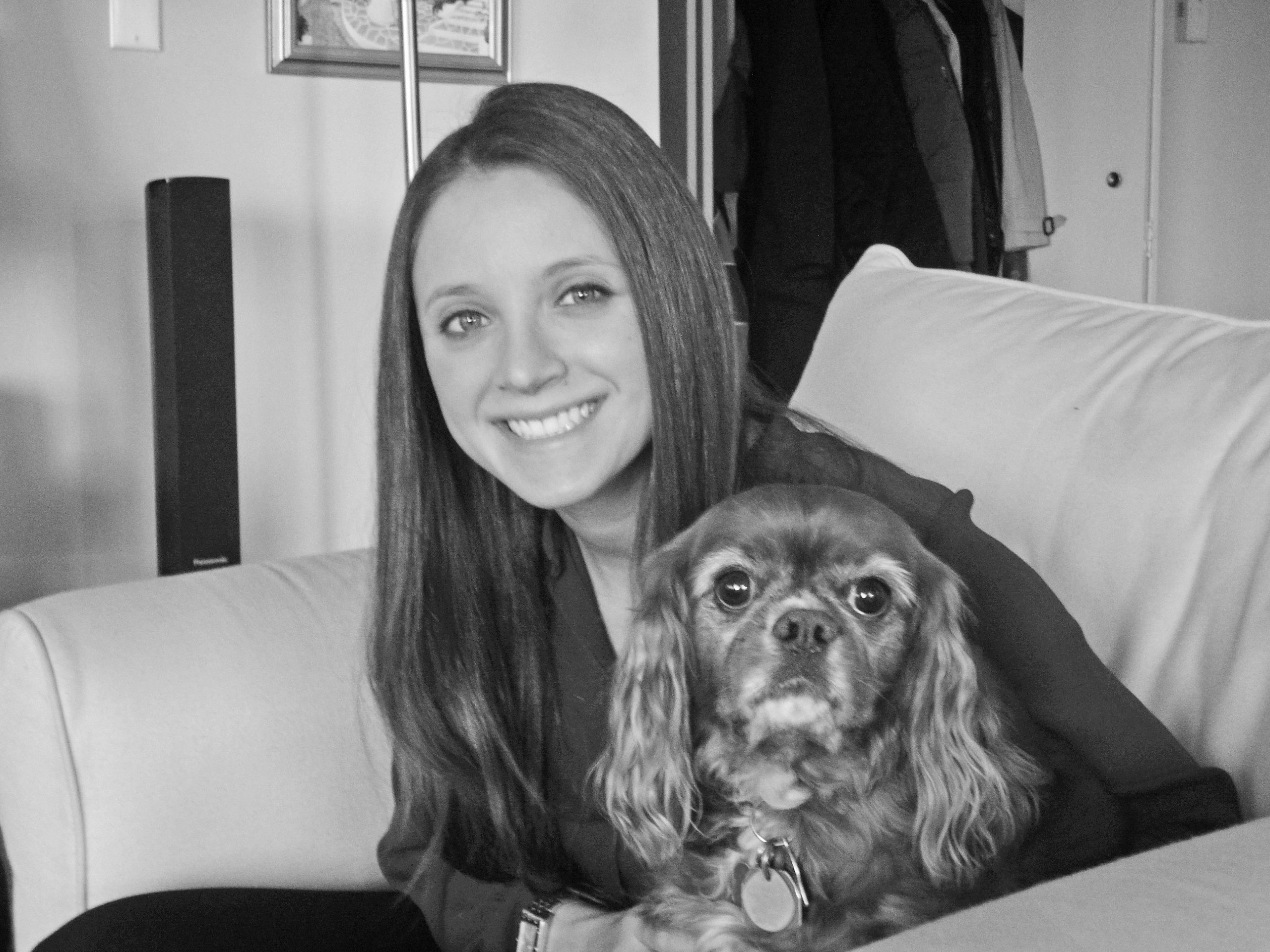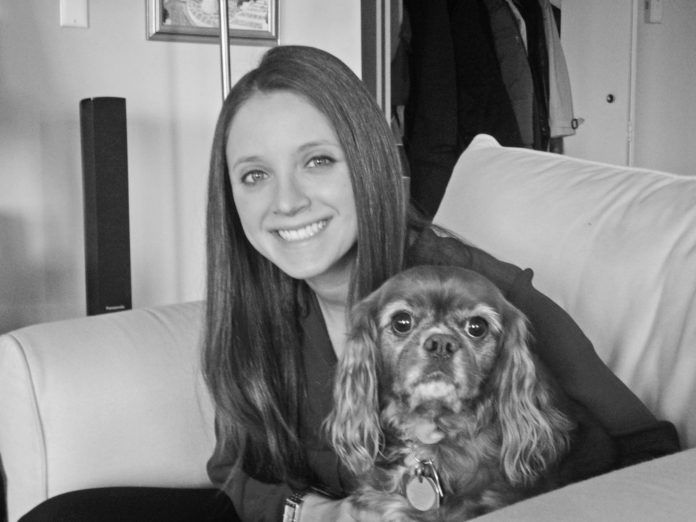When my niece, Melanie, told me eight years ago that she had just adopted a Cavalier King Charles Spaniel from a breeder in Georgia, I worried that she was in for heartache. The little guy was only 11 weeks old, but I had read that virtually all Cavalier King Charles developed mitral valve disease in middle age, a condition that leads to heart failure and often causes premature death.

It turns out I was wrong. Yes, many dogs of that breed end up with mitral valve disease, and Melanie’s, we found out last fall, is one of them. He now has the telltale enlarged heart, in addition to a murmur. But as I recently learned from Dr. Jerold Bell, a veterinary geneticist at Tufts, not all Cavaliers end up with faulty mitral valves. Less than half die of that illness, in fact. It may even be possible to breed the genetic susceptibility out of them. The Cavalier King Charles Spaniel Club of the USA (ckcsc.org) has a “Heart Clear” screening and breeding program for genetic improvement.
Not only that, during an interview for an article that begins on page 8, Dr. Bell told me that overall, dogs of mixed breed ancestry end up with just as much inherited disease as dogs of two parents from the same pure breed. In other words, you are not necessarily saving yourself from heartache if you adopt a mutt rather than a pedigreed pet — and you are not automatically letting disease run rampant if you prefer purebred dogs to mixed breeds. It was a fascinating discovery that challenged a lot of entrenched myths about purebred versus mixed-breed dogs. I’m especially relieved that I no longer have to feel guilty loving what I love about particular breeds — the regal look of Collies that reminds me of the Lassie show I enjoyed in my youth (who didn’t want a relationship with a dog like Timmy had?); the expressive, trusting eyes of Cocker Spaniels; the drooling friendliness of Newfoundlands juxtaposed against their massive size.
In the meantime, Melanie’s dog, Tzvika, is doing well. His murmur is still low-grade, and better medicines are being developed all the time to keep dogs with heart disease healthy and comfortable. Tzvika has several good years ahead of him. In fact, Melanie is getting married later this year, and I suspect I will be hearing about a human “puppy” long before she has to think about making any drastic decisions dogwise.
On a lighter note, I was relieved to learn this month that a spate of reports in the news media had it wrong when they suggested that kissing your dog — and getting kissed back — can predispose you to gum disease. More about that on page 3, with help from Dr. Jean Joo, a veterinary dentist at Tufts who assured me that smooching with your pooch is not a recipe for dental disaster — a good thing, since I kiss my dogs, like, 9,000 times a day.
Sincerely,
Lawrence Lindner
Executive Editor





